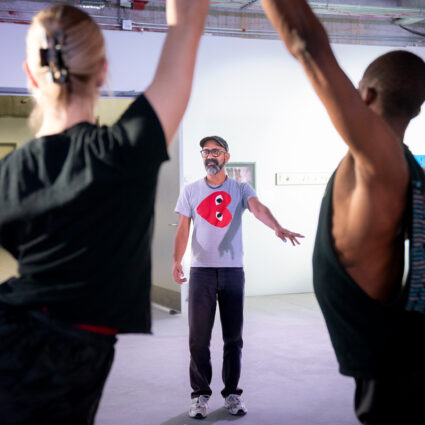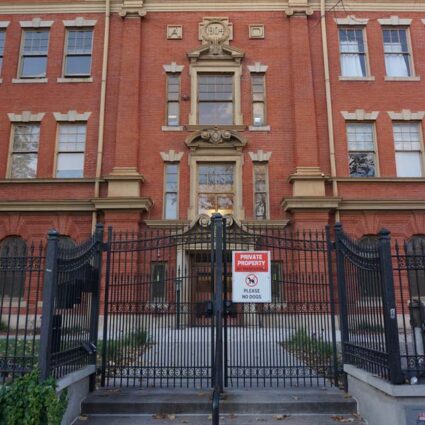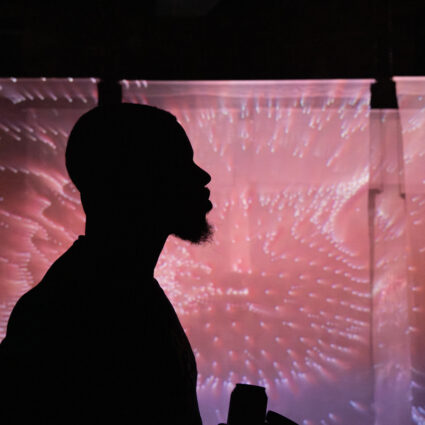Laura Neal reflects on her earliest memories of water and the profound presence water has for humanity as a whole.

My earliest memory of water is in the bathtub with my little sister, my mother on her knees washing the dirt off our backs and sticky hands. We’d stew in the tub until our fingertips looked like raisins.
I suppose water is in every memory I have, and whether I want it or not, “my own mouth is dreamed to thirst.”1 Water is a bridge for desire and time. Water is a loop that wets a dry memory.
There’s probably nothing more desirable than water…. that swift and heavy rainfall after a long Southwest summer or the 1 am zombie walk to the kitchen when your body, like a fiend, lifts you from sleep for a cold drink of it.
Before living in the Southwest, I lived in Cape Cod for nearly a year, the Atlantic Ocean on view in every direction. The piers, the gulls, the seals resting on the sands, and salt in the air. All of it on beautiful, superfluous display. Even with all its idyllic scenes and wild convenience, I never swam in the ocean. It was too close. Too greedy, even.
Cape Cod was so full, there was nothing I could offer it, I could only take.
Life led me to New Mexico, where the green cacti are a model for water in the landscape. Just there, I have called water a model. In the Southwest, it seems water drifts toward metaphor rather than noun. Here, water precipitates as symbol, as persona. And when Natalie Diaz writes, “I have suffered the hot hurt of thirst,”2 I enter a new understanding of desire.
We call water a body. In the desert we pray for it. It is not rushed or promised. In the last decade, the term environmental personhood3 has taken shape. Cities and countries are granting water the same rights as humans. This is a knowledge from which the poet begins. Land as foundational. Water a source memory can leap from. We have known the chore of opacity. It is through language that we keep what is wasted, and in this way, we are an offering.



